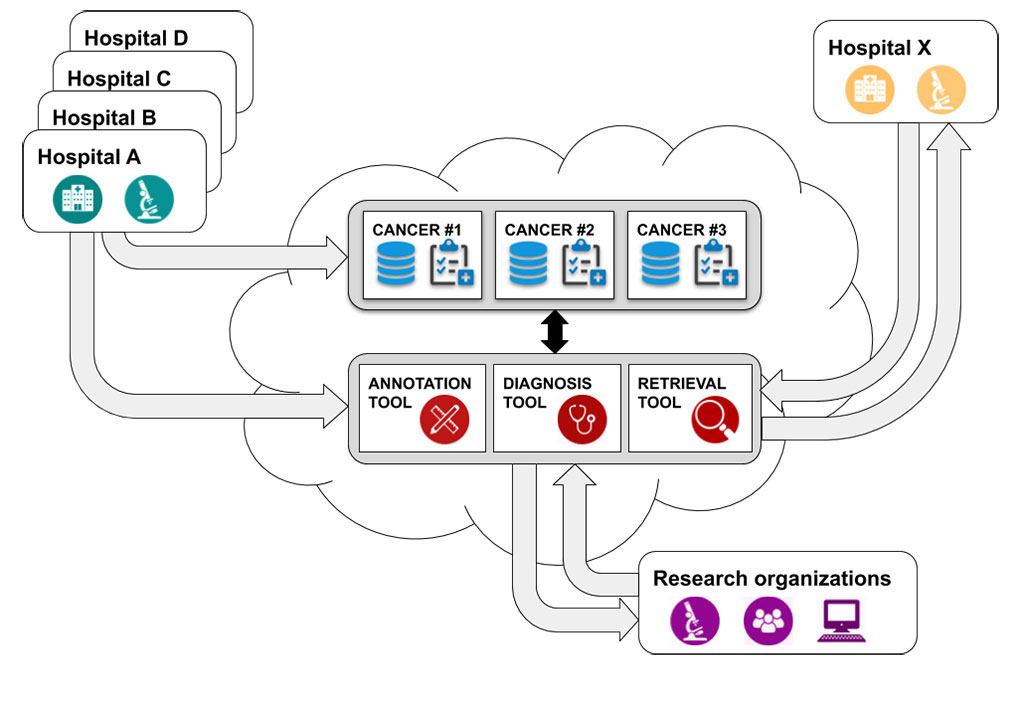New AI Algorithms Enable Diagnosis of Difficult Cancers
Posted on 07 Dec 2023
A team of European researchers and companies, led by the Valencia Polytechnic University (UPV, Valencia, Spain), through the CVBLab-HUMAN-tech group, has developed novel artificial intelligence (AI) algorithms to aid the diagnosis and treatment of cancerous tumors that are difficult to interpret clinically. This is one of the main results of the CLARIFY project, which is now in its final months of execution.
CLARIFY is an innovative, multinational, multi-sectorial, and multidisciplinary research initiative with a focus on developing a robust automated digital diagnostic environment based on AI and cloud-oriented data algorithms. The goal is to streamline the interpretation and diagnosis of whole-slide-images (WSIs) globally, to optimize the advantages of digital pathology, and to support pathologists in their routine tasks. The project has concentrated on specific and difficult-to-diagnose cancer types to evaluate the effectiveness of the tools and methods it has developed. These include Triple Negative Breast Cancer (TNBC), High-risk Non-Muscle Invasive Bladder Cancer (HR-NMIBC), and Spitzoid Melanocytic Lesions (SML), representing the diverse challenges present in cancer diagnosis.

Furthermore, the CLARIFY project has yielded additional noteworthy results, such as the creation of comprehensive databases for the studied cancers. These databases are poised to be valuable assets for the medical and scientific communities. The project has also made progress in the secure handling of data in cloud environments, addressing the unique requirements of the healthcare sector. This includes several practical applications within the project's framework, enhancing data security and management.
“In all three cases, the diagnosis is complex and challenging, which we are already addressing with this project,” said Valery Naranjo, project leader. “With these algorithms, we are taking another step forward in facilitating the interpretation of histological images and, ultimately, the diagnosis of these types of cancer for medical professionals.”
Related Links:
Valencia Polytechnic University














